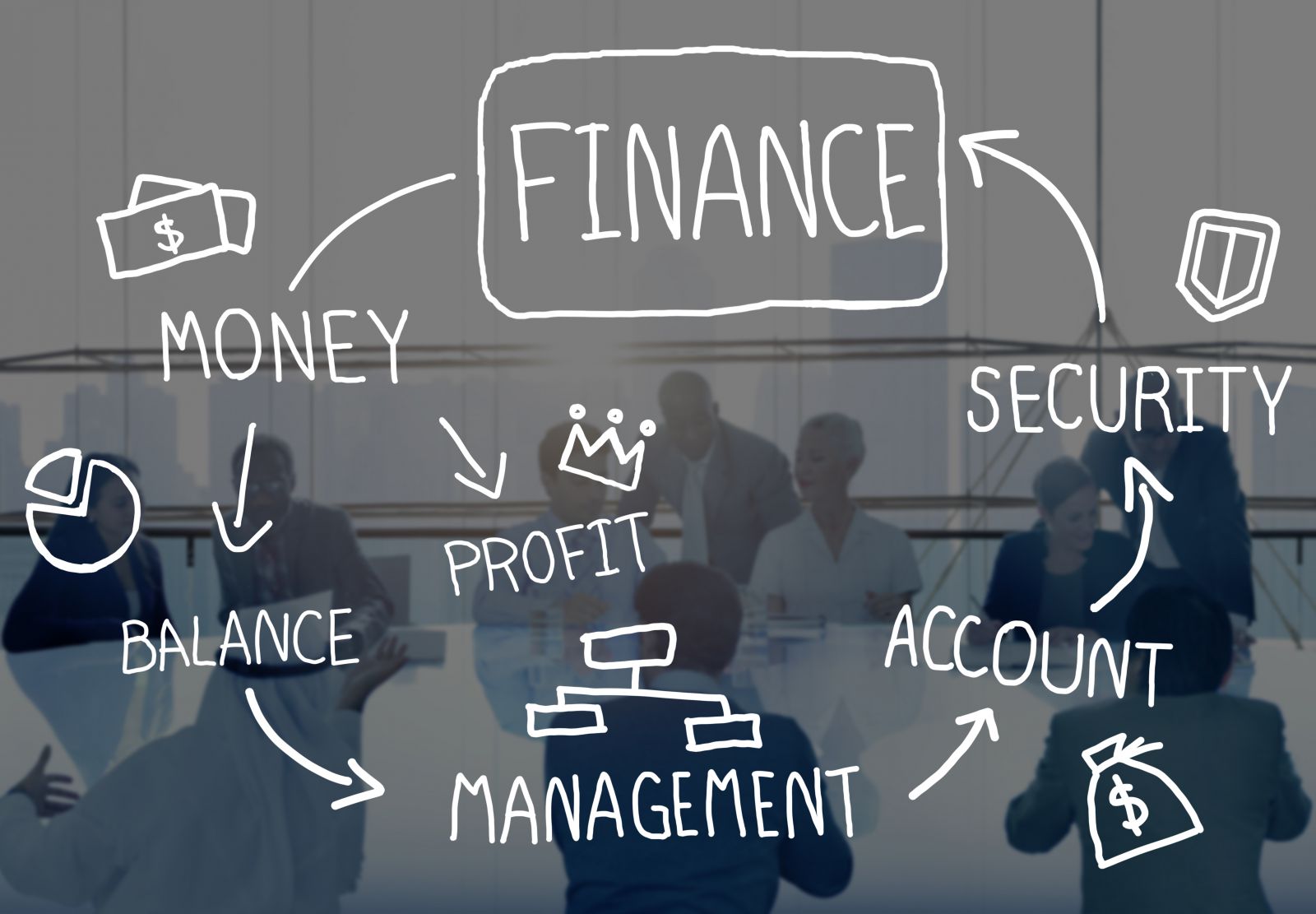Better Finance: “A Sustainable Real-life Economy is not Possible Without Value for Money”

BETTER FINANCE was created in 2009 in the aftermath of the 2008 financial crisis to give a voice to consumers of financial services, and today represents around 4 million financial users through nearly 39 organisations in 26 countries, including 20 European Member States. Its predecessor, Euroshareholders, merged with BETTER FINANCE in 2012 unifying the interests of all financial users at European level.
Its membership is made up of dedicated European non-profit financial services user organisations that act as representatives of European users in their respective Member States. They believe that the financial system exists to serve the real economy and therefore their focus is on restoring confidence in capital markets and financial intermediaries and promoting sustainable financing for their users.
 We spoke to the Executive Director, Aleksandra Mączyńska (pictured on the right), about what it is like to work in the interest of the many ensuring good governance, independence and preventing conflicts of interest, and how they intend to strengthen the participation of financial services users in EU policy-making.
We spoke to the Executive Director, Aleksandra Mączyńska (pictured on the right), about what it is like to work in the interest of the many ensuring good governance, independence and preventing conflicts of interest, and how they intend to strengthen the participation of financial services users in EU policy-making.
1) As an independent centre of financial expertise, how do you analyse the current state of the European association community from a financial point of view?
Most consumer associations are already stretched pretty thin in terms of resources, and this is only getting worse in the context of high wage cost inflation. Having already had funding difficulties during the COVID years, I can imagine that few organisations have much room left for manoeuvre in terms of internal reserves or possibilities for further “efficiency savings”. Austerity which significantly reduces overall funding levels is likely to force a reconfiguration of the European NGO landscape, and probably not for the better.
2) How can NGOs and associations find new revenue streams and sponsor their projects in times of austerity?
The safest and best bet in the long run is to diversify as much as possible and not rely on just one source of funding. Unfortunately, this is often easier said than done, especially if – as in the case of BETTER FINANCE’s research reports – you need to ensure the objectivity and independence of your projects. The most evident trend in recent years in the non-profit sector seems to be that in order to get funding from public or private sources, having sustainability related projects and outlook is key. While there are a lot of positives in this trend and sustainability is undoubtedly one of the greatest challenges of our time, there is also a risk that associations that focus on other important issues will lose focus on their original mission or lose the funding needed to fulfil it. A common feature of interest is to convince donors and, in particular, public donors to index their multi-annual grants or other funding to inflation, which is most often not the case.
3) How can we strive for a sustainable real economy serving citizens with historic levels of inflation, an ongoing war and the consequences of a two-year pandemic?
For 10 years now, BETTER FINANCE has been pointing to the often-poor real net returns on long-term savings and pensions in a large number of EU jurisdictions. It is getting worse, and while a couple of years of poor performance can be offset, the same cannot be said for 22 years. BETTER FINANCE has already pleaded for measures to protect pension contributions, savings and payments. The plight of individual savers and investors is currently compounded by historic levels of inflation. The pension time bomb is already ticking in Europe, with studies by BETTER FINANCE and the OECD showing that poor real returns are insufficient for an adequate replacement income upon retirement.
It is therefore important to include product-related inflation risks in key disclosure documents and provide a general warning that inflation has an exponential impact on real investment returns. Investors should also be aware of the actual past performance of products (relative to managers’ benchmarks) alongside nominal past performance. EU law information requirements and investment firms should provide a clear, non-misleading and comprehensible view of the impact and risks of inflation, especially while interest rates remain low, and the effect this may have on the real long-term value of their planned investments. Public authorities should take account of the risk and negative impact of inflation in their own reporting by raising awareness and provide, when relevant, both nominal returns on long-term savings and investment products as well as the actual returns in real terms (net of inflation). Last but not least, a sustainable real-life economy is not possible without value for money, and this concept should be applied in the European Commission’s forthcoming Retail Investment Strategy, which is a once in a generation opportunity to attract citizens to capital markets.

4) Given the current reality of the markets and the many events at the heart of Europe (such as Brexit) what is the strategy designed by Better Finance to defend the interests of European citizens as users of financial services?
We will continue to work on our 2019-2024 priorities, as there is still a long way to go to achieve the desired outcome: a true European Capital Markets Union (CMU) built on the trust of citizens as individual investors, insurance policyholders, pension savers and other savers. With our advocacy campaigns and research reports, we aim to support the defusing of the pensions time bomb, which requires positive and decent long-term real returns for pension savers, i.e. sustainable value for money. Today, the European Commission’s Retail Investment Strategy is a high priority for BETTER FINANCE as it has a direct impact on our constituency: individual, non-professional “retail” investors across the EU, to rebuild their trust in financial institutions and encourage them to invest more and boost value for money. Moreover, the Retail Investment Strategy is a key pillar of a CMU that really works for people.
5) Do you think that a large part of European society still has limited horizons in terms of financial mechanisms and individual investments?
We agree that financial literacy is a key competence necessary to ensure adequate financial protection in old age and make it possible to understand whether your investment is providing value for money. Given the low level of financial literacy among EU citizens, it seems important to increase numeracy and reduce “maths anxiety”. Ideally, basic financial mathematics and capital markets should be part of school curricula and taught at an early age. However, the current trend of focusing too much or only on “financial education programmes” is not enough. EU citizens also need access to bias-free advice to understand the difference between salespeople and advisors. The financial industry should focus on improving its offer of simple and standardised products, and while financial education is crucial, it cannot be considered a substitute for consumer and investor protection and should in no way relieve financial institutions from providing individuals with effective, clear and comprehensible information. Public authorities should favour “nudging” techniques to address the cognitive biases of retail investors, rather than exploiting them to their detriment, like they do for instance with “monetary illusion”: people are not aware of the very negative impact of inflation on the real return − purchasing power − of their savings over time.
6) Finally, what are the major institutional events you are currently preparing?
Since sustainability and sustainable investments are one of our main interests, our next two events will focus on this topic. On 6 December, BETTER FINANCE and its German member DSW will hold their biannual International Investors’ Conference in Frankfurt. This year the conference will focus on “The Green Deal vs Geopolitics”, taking a closer look at Sustainability in the New World Order, CMU and the Green Deal, Say on Climate for Shareholders and whether including ESG and Sustainability in Finance can deliver value for money, among others. A week later, BETTER FINANCE and the LEVEL EEI Consortium members will hold their second annual High Level Expert Forum for Sustainable Finance (#HLEF) on 13-14 December in Brussels to discuss how to best address the financing gap hindering investments in Energy Efficiency and Sustainable Energy.









